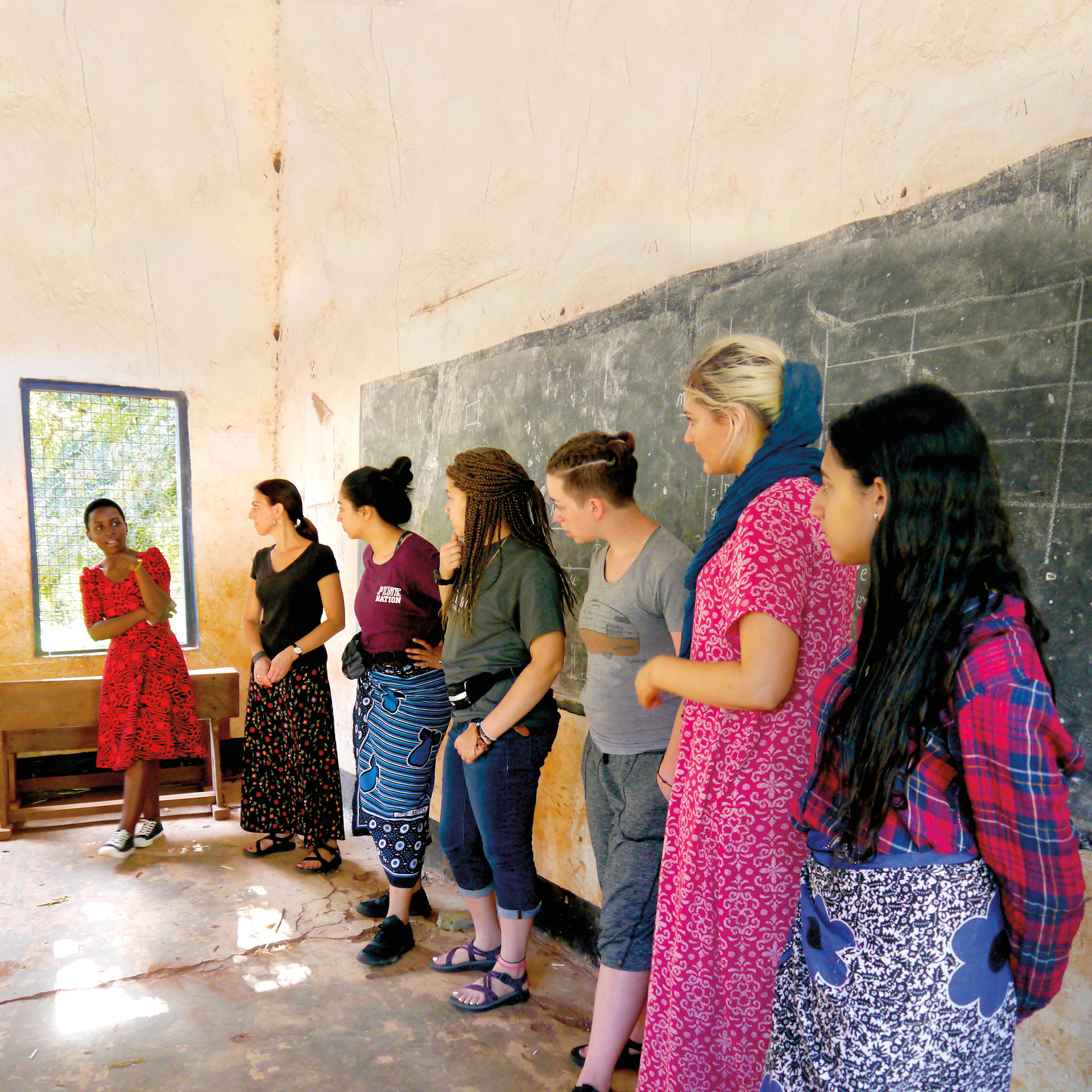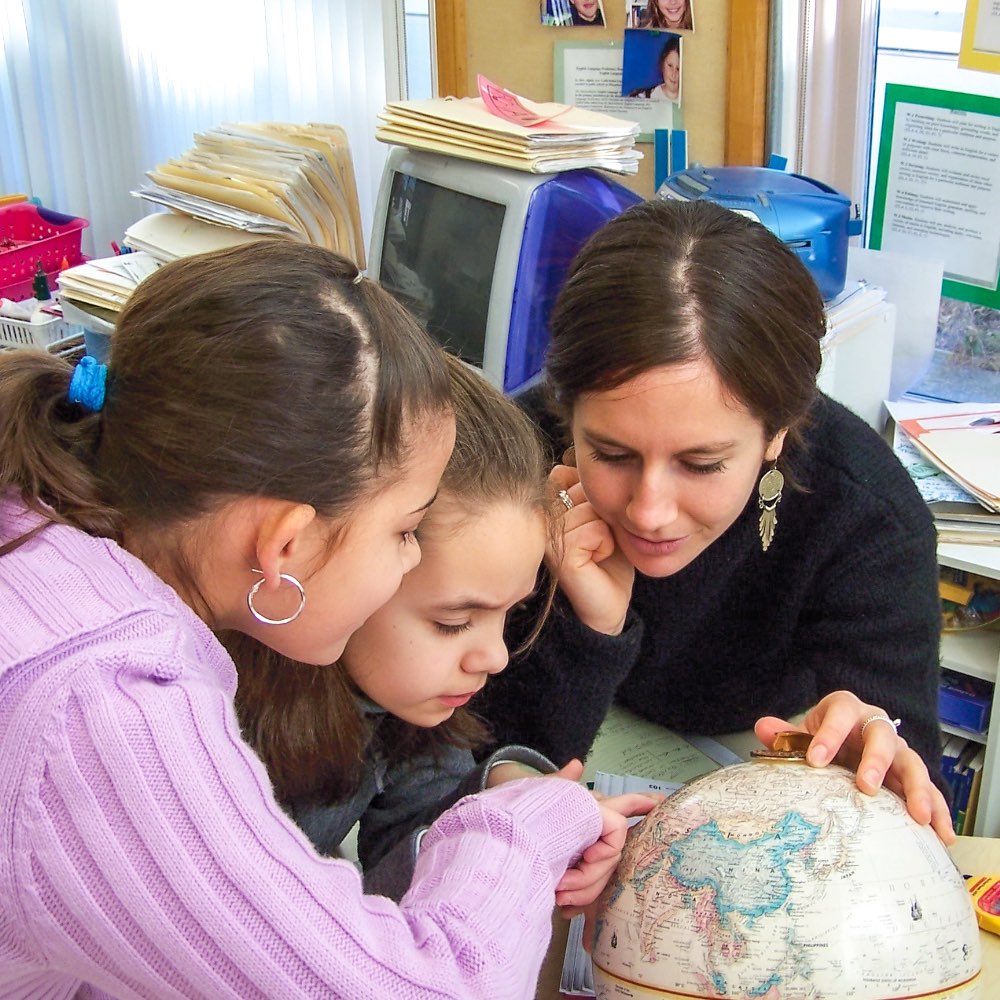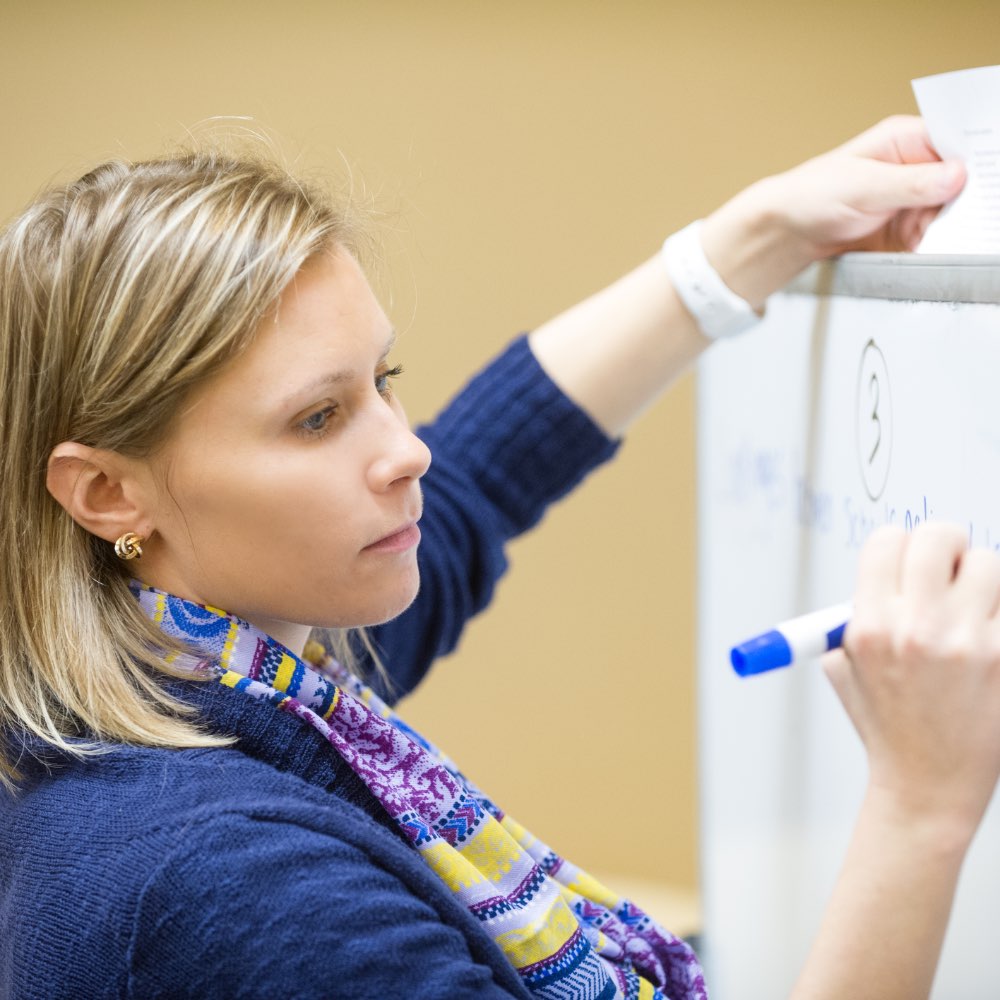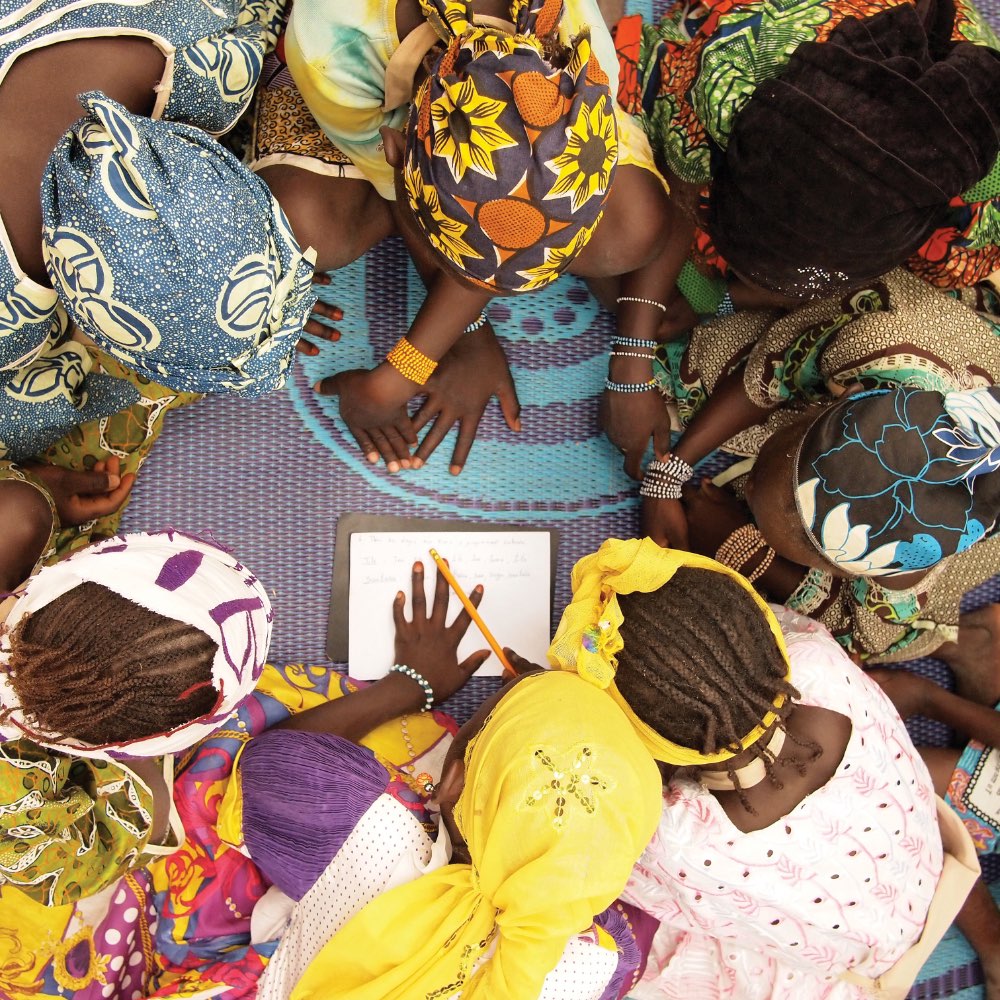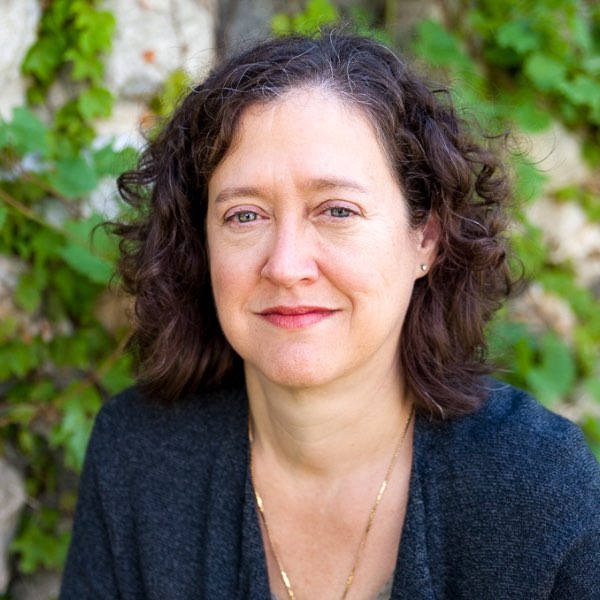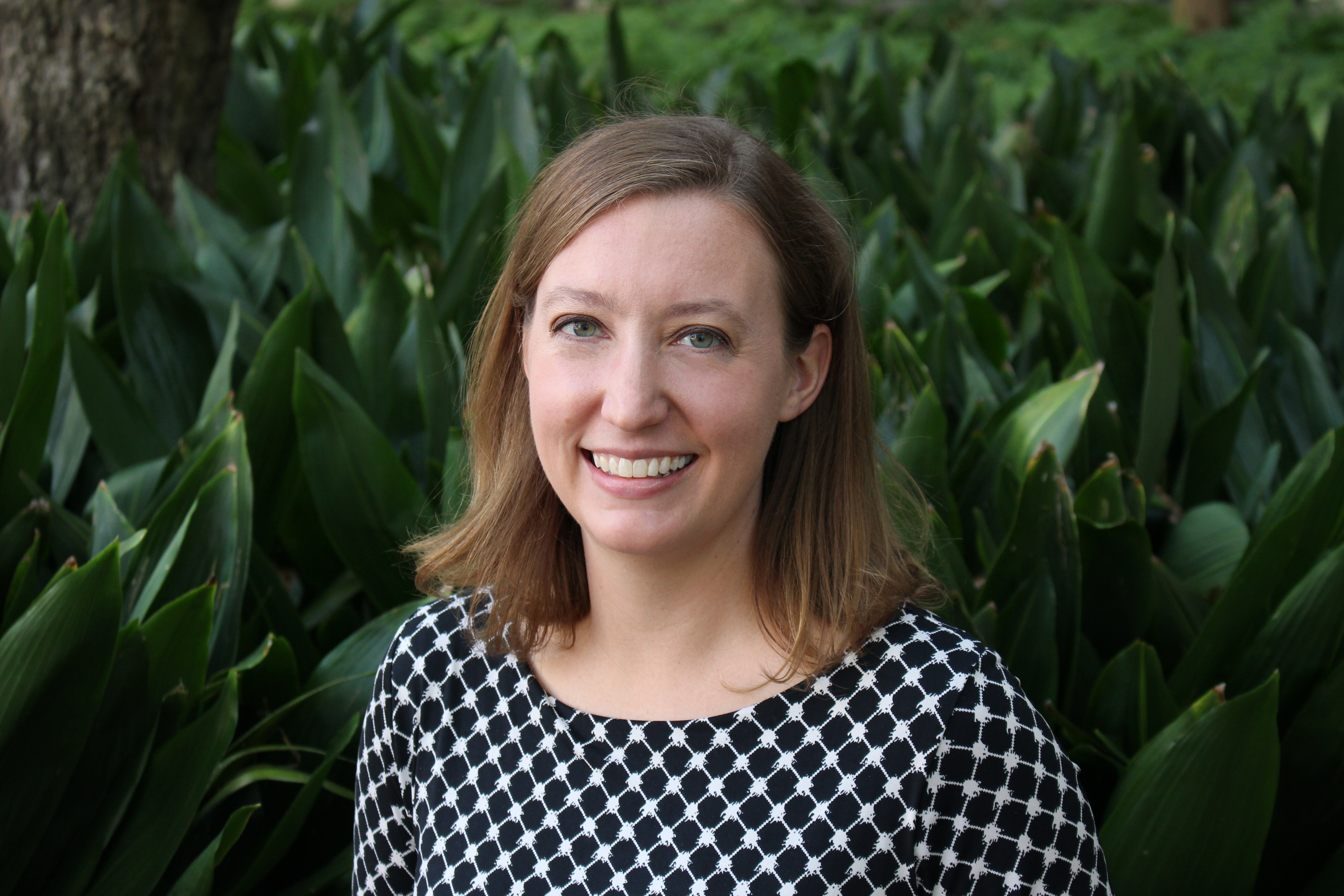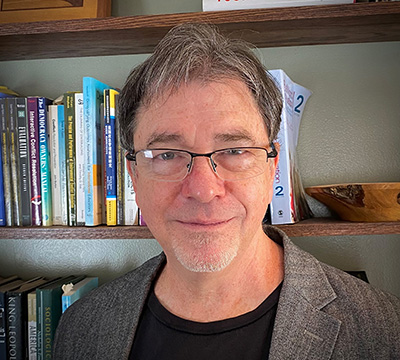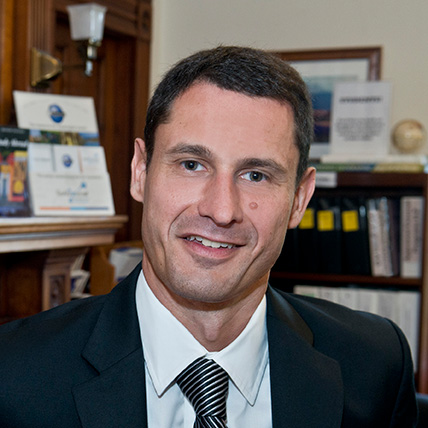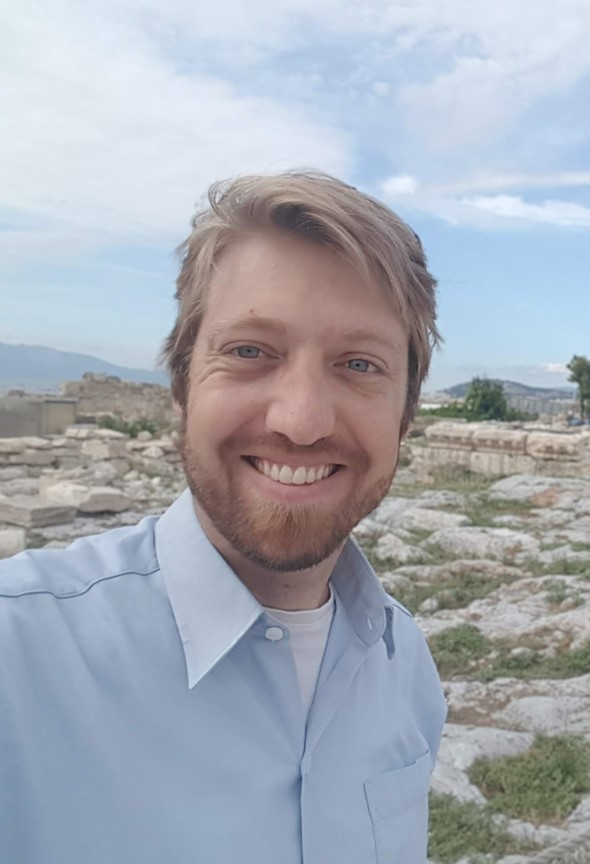Please note that SIT will make every effort to maintain its programs as described. To respond to emergent situations, however, SIT may have to change or cancel programs.
WHY A HYBRID MASTER'S IN INTERNATIONAL EDUCATION?
Intercultural, international-based education connects and engages communities as it values differences, confronts inequality, and recognizes common struggles. SIT’s programs in international education develop reflective educational leaders who are able to contribute to these processes by opening the world to new generations, advocating for local agency and intercultural communication, and supporting transformative settings where self-empowerment and human potential can flourish.
SIT created the first MA in international education two decades ago and today offers this popular master’s degree online to busy full- and part-time professionals. The program features short, intensive summer residencies and carefully developed online coursework built around our proven experiential learning.
Customize your program to fit the unique demands of your career and long-term professional goals by choosing from a variety of electives focused on leadership, peacebuilding, language education, international development, humanitarian assistance, and intercultural service. You may also conduct independent studies or transfer up to six credits from another institution to advance your career objectives.
Start with a two-week summer residency on our scenic Vermont campus, where you will meet your cohort and faculty advisor, pursue your coursework, and receive an introduction to SIT’s reflective practice—our structured approach to learning that lets you apply your coursework to your ongoing professional activity for credit.
For the remainder of the summer and into the following spring, you will study for your master’s degree online alongside your advisor and cohort, with the support you need to attain professional expertise as an international educator focusing on global studies, program and curricula development, administration, advising, and research skills, among others.
In the second year of your studies, you will reconvene with your cohort in Vermont, review what you have learned, and reconnect during a one-week summer residency. After studying online for the rest of summer and fall, you will complete your coursework that spring, conducting individual research, and presenting a capstone paper.
This program spans six semesters, with 10 to 15 hours of coursework a week and reflective practice. Designed especially for aspiring professionals, this primarily online master’s degree program will guide you in meeting the immense challenges of the international educator, positioning you for rapid advancement in the field.

